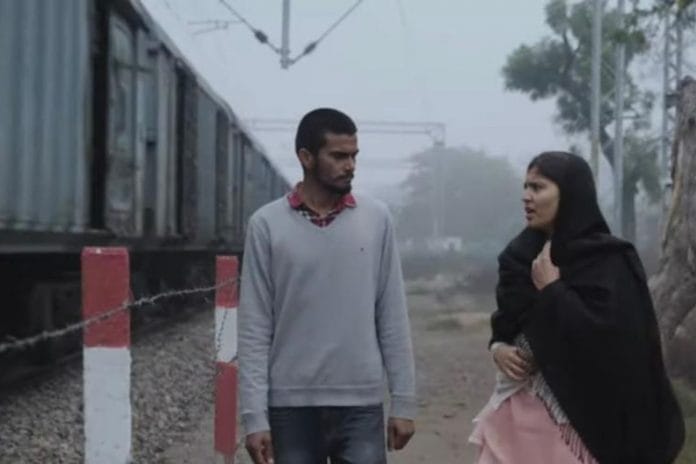Anmol Sidhu’s Jaggi is unlike the ‘happy-go-lucky’ movies that have come to define Punjabi cinema. The film takes a different, darker turn by addressing the pressing issues of sexual and mental abuse – except that this time, the victim is a man.
In an era where adolescent males are becoming increasingly influenced by toxic masculinity and unrealistic ideas of romance, Jaggi is a rare sight, for it tells us what it means to not be ‘manly’ enough in a society defined by such ideals.
Based on true events, the movie premiered at the Indian Film Festival of Los Angeles last year but was screened for the public on 7 May at Delhi’s India Habitat Centre. It revolves around Jaggi (Ramnish Chaundhary), a young man who suffers from impotency and resides in the hinterlands of Punjab. Obedient, hard-working, and always on the farmland, Jaggi’s experience of moving to a high school a little far from his village doesn’t end up nicely.
An all-boys high school means there’s no dearth of crude classmates for Jaggi. While fellow young men often talk of their sexual escapades – fake or real – Jaggi becomes an outlier because his impotence is egregious among his peers. And that is where the story begins.
Also read:
Beautiful shots breathe more life into Jaggi
Pardeep Taina’s excellent cinematography adds heft to Jaggi’s story. Instead of shooting the film on a fancy set, he captures Punjab’s essence by highlighting its beautiful rawness. From incessant rains, dense winter mists, stubble burning, rural fairs and farmer suicides, it does feel like reality shot on cam. Taina also brings out the protagonist’s struggle with his efficient camera work. Jaggi is an ordinary Punjabi man who doesn’t fit into the ‘macho’ mould because of his ‘problem’. And such is the stigma around impotence that people mistake him for being gay.
The filmmakers capture the disturbing reality of rural Punjab and its households through Jaggi’s struggle to find support at home. His father is an alcoholic policeman – also impotent – who never finds time for his family and his beautiful wife. His mother seeks sexual pleasure elsewhere, which further isolates him from his family. Moreover, in the Punjabi hinterlands, men who can’t secure relationships with women are bullied, sexually abused, and called ‘homosexuals’. Jaggi is addressed with names like ‘tempu’, a Punjabi slur for homosexual intercourse, highlighting society’s insensitivity and disdain for men who are ‘different’.
Driven by strong acting, writing
Raw, real and sensitive, Jaggi is a movie of despair, which is difficult to capture in a market where only hope and happy endings reign supreme. The film doesn’t host any big stars or the unnecessary sex scenes and vulgarity of mainstream movies; it is driven solely by Sidhu’s solid writing and a talented cast of newcomers.
While a catchy soundtrack and some music effects could have added to the missing star from this review, Jaggi is suitable for an audience that wishes to see a serious story being treated sedulously. Sidhu is in talks with OTT platforms, so hopefully, you will witness its magic soon.
(Edited by Zoya Bhatti)






